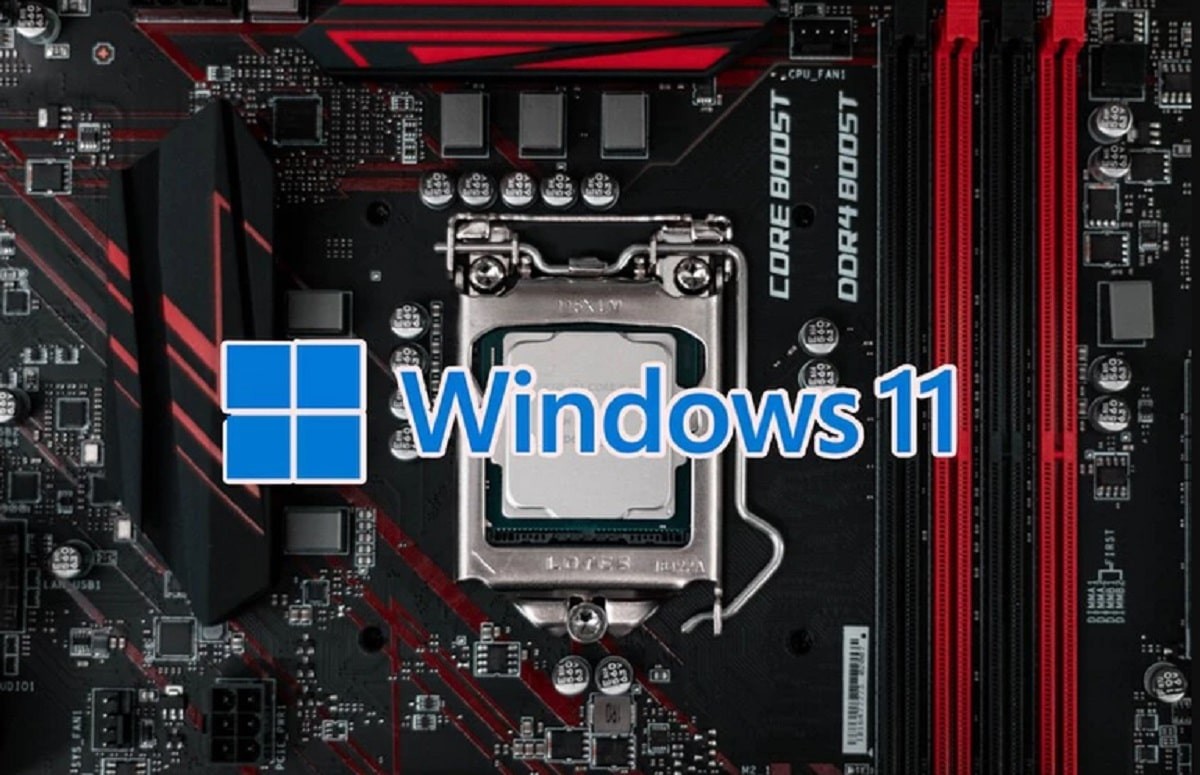
Microsoft has definitively stated it will not lower the hardware requirements for Windows 11, particularly regarding the mandatory Trusted Platform Module (TPM) 2.0 requirement. This announcement comes as Windows 10 support ends in October 2025, leaving many users with older hardware facing tough choices.
In a recent blog post, Microsoft Senior Product Manager Steven Hosking emphasized that TPM 2.0 is "non-negotiable" for Windows 11. TPM 2.0 is a specialized chip or firmware capability that handles encryption, digital signatures, and other security functions at the hardware level.
The strict requirements mean Windows 11 only supports CPUs released from 2018 onward. This limitation affects millions of PCs currently running Windows 10, as these devices lack the necessary hardware capabilities for Windows 11.
While some users have found workarounds to install Windows 11 on unsupported hardware, Microsoft blocks installation on incompatible systems, particularly with the upcoming 24H2 update. The company has also begun displaying full-screen prompts to Windows 10 users, encouraging them to purchase new computers.
Current statistics show that 62% of PCs still run Windows 10, while Windows 11 adoption sits at 34%. For businesses, Microsoft offers some flexibility through the Windows 11 LTSC 2024 release, which makes TPM optional but still enforces CPU compatibility requirements.
Microsoft maintains that these strict requirements are necessary for enhanced security features like Credential Guard, Windows Hello for Business, and BitLocker disk encryption. The company also points to TPM 2.0's role in protecting sensitive information as AI capabilities expand across physical, cloud, and server architectures.
As the Windows 10 end-of-support deadline approaches, users with older hardware will need to decide whether to upgrade their hardware, seek alternative operating systems, or pay for extended Windows 10 support where available.